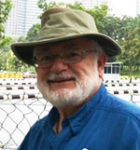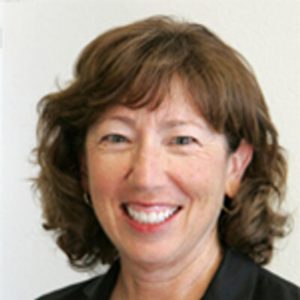(c) Oliver B. Pollak


LAFAYETTE, California — In the late 1960s Reform seminaries accepted women as students. The first was ordained in 1972. Like law school and medical school female presence was small and unusual. This distinct and growing cohort, a result of the Second wave feminism, became the norm and in some instances the majority of the student body. Female rabbinate ordination escalated. Women were ordained by the Reconstructionist movement in 1974 and Conservative movement in 1985. In 2006 the graduating class of 42 at the three Reform movement campuses contained 23 women. The Orthodox have debated female ordination for several years. Yeshivat Maharat in Britain granted smicha to England’s first female Orthodox rabbi in May 2018.
For everything there is a season. What was novel in the early 1970s is unremarkable almost half a century later. Women rabbis, cantors, presidents of synagogues, presidents of federations, and publicly elected positions are a tribute to calling, merit, passion, and living up to one’s potential. The first female rabbi, Sally J. Priesand, retired in 2006 at the age of 59 after serving 25 years at Monmouth Reform Temple in Tinton Falls, NJ.
By 2016 the Central Conference of American Rabbis, the Reform movements flagship, indicated that 772 women had been ordained by HUC-JIR, at least 391 female rabbis served Reform congregations, many of them as senior rabbis.
Rabbi Judy Shanks was hired in 1984 by Richmond’s Temple Beth Hillel, founded in the mid-1940s. It was a halftime position. During her 8 years with the congregation she saw it grow from about 90 to as many as 130 families. In 1992 she moved 15 miles to Temple Isaiah of Contra Costa County in Lafayette, a town of about 25,000 souls. The congregation dated from the early 1950s. In an interview before the event she said “I couldn’t have asked for a better first and second congregation. They were perfect for me.”
Rabbi Shanks retires after 26 years at the end of May. The Friday night service, May 19, contained a fifty voice choir and over 400 worshipers including rabbis who taught and installed her, Rabbi Emeritus Roberto D. Graetz and Rabbi Elka Abramson. Interfaith clergy whom Rabbi Shanks had worked with in the area for the last four decades, and her family and spouse Dr. James Gracer, a psychiatrist, were also in attendance. This took place in the glorious sanctuary built in 2002 with stunning stained glass windows and translucent aron kodesh revealing the beautifully wrapped the Sefer Torahs.
Temple Isaiah is the spiritual home for about 900 families. Among its staff are four rabbis and a cantor.
The parking lot was overflowing. People walked up the not inconsiderable hill. Extra chairs were placed at the end of the pews. The 7:30 services were preceded by the 7:00 dedication of a garden, Hamakom Garden and Simcha Path in honor of Rabbi Judy Shanks. It is designed as “a place of celebration and contemplation” with the rubric, “Let my feet lead me to The Place that my heart loves.”
It was a love fest, repeated hugging, a gift. A composer was commissioned to set Psalm 24:9-10 to music. As rendered in the Stone edition of the Tanach, it exhorts: “Raise up your heads, O gates, and raise up, you everlasting entrances, so that the King of Glory may enter. Who is He, this King of Glory? Hashem, Master of Legions, He is the King of Glory, Selah!” Though hand clapping may accompany music, synagogue decorum frowns on standing ovations. The services were filled with silent hands raised performing animated emoji like clapping or quacking.
Speeches by the female rabbi who installed her in 1992 and the senior rabbi whom she succeeded added to the spiritual history of mentoring, teaching, and positivity of “we are here for you spirit” that Rabbi Shank exudes. Everyone wished her well in the next parsha of her life.
*
Pollak, a professor emeritus of history at the University of Nebraska at Omaha, is a freelance writer now based in Richmond, California. He may be contacted via oliver.pollak@sdjewishworld.com